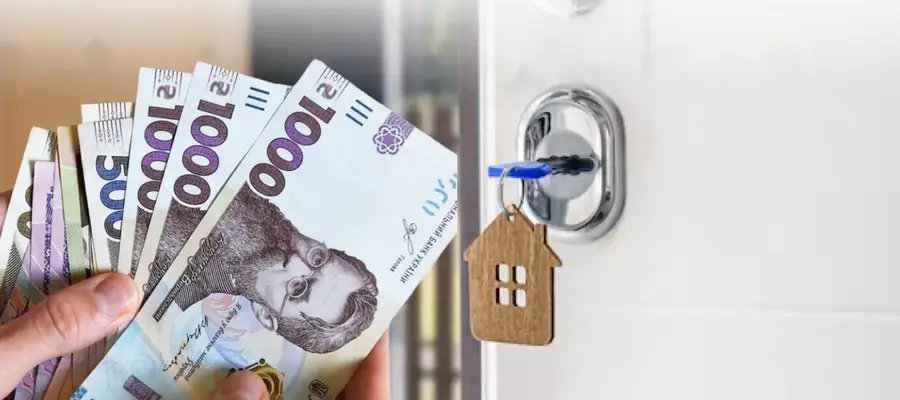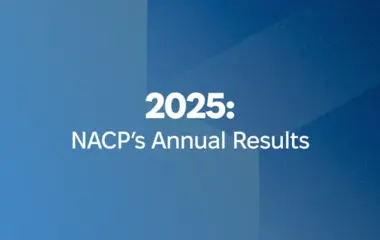A recent ruling by the Constitutional Court (CCU) has significantly complicated the process of analyzing the financial statements of political parties.
Thus, the National Agency on Corruption Prevention (NACP) has lost the right to send requests for information to businesses and individuals, and thus fully verify the information in the reports.
Below is the outline of the major consequences of such a change.
Why is this important?
Prior to the CCU’s decision, the NACP could verify whether data in the financial reports of political parties corresponded to their actual revenues and expenditures, in particular, due to requests to enterprises and individuals.
For example, one political party decided to use the complicated epidemiological situation caused by COVID-19 to raise its own ratings among the population prior to local elections.
The political actor posted information on social networks that it had allegedly procured artificial lung ventilation apparatuses (ALVA) and other medical equipment for hospitals for an amount exceeding UAH 9 million.
First, the NACP asked these hospitals whether such apparatuses were indeed received as part of a charitable donation from the party.
In the responses, we found that some hospitals received such assistance but from a non-government organization having the same name, not from the party itself.
Other hospitals provided information verifying receipt of assistance from the party; such expenditures, however, failed to be reflected in their financial statements for the relevant period. In addition, based on the data in the report, the party failed to have such revenues (contributions).
Based on this information, the NACP submitted the collected materials to the National Police, which initiated criminal proceedings.
It will be recalled that political parties, in general, should not be involved in charitable activities.
Why is transparent party financing one of the fundamentals for corruption prevention?
Political parties submit quarterly reports to the NACP on assets, revenues, expenditures, and financial obligations, providing information on their activities and resources for funding such activities.
Previously, the NACP was able to verify such information, in particular through inquiries.
A comprehensive analysis of such reports is an important element for preventing corruption, as it helps to identify various offenses, including the filing of knowingly false information in the report by the political party. The voters are thus enabled to understand whether political parties pursue the ethical financial policy.
Due to the decision of the Constitutional Court of Ukraine dated 27.10.2020 No. 13-р/2020, the work of the NACP remains blocked. The NACP is deprived of the opportunity to conduct comprehensive declaration verifications, draw up reports on corruption-related administrative offenses, conduct inspections of organization of corruption-prevention work in state institutions, etc.
Regardless, we believe that law-makers will find legal ways to address the situation. This is exactly why we continue working on the initiatives that will help increase the effectiveness of preventing and combatting corruption in Ukraine, following the restoration of the full functionality of the NACP.
 How did the Decision of the CCU complicate the verification of information in the reports by political parties?
How did the Decision of the CCU complicate the verification of information in the reports by political parties?
 How did the Decision of the CCU complicate the verification of information in the reports by political parties?
How did the Decision of the CCU complicate the verification of information in the reports by political parties?









